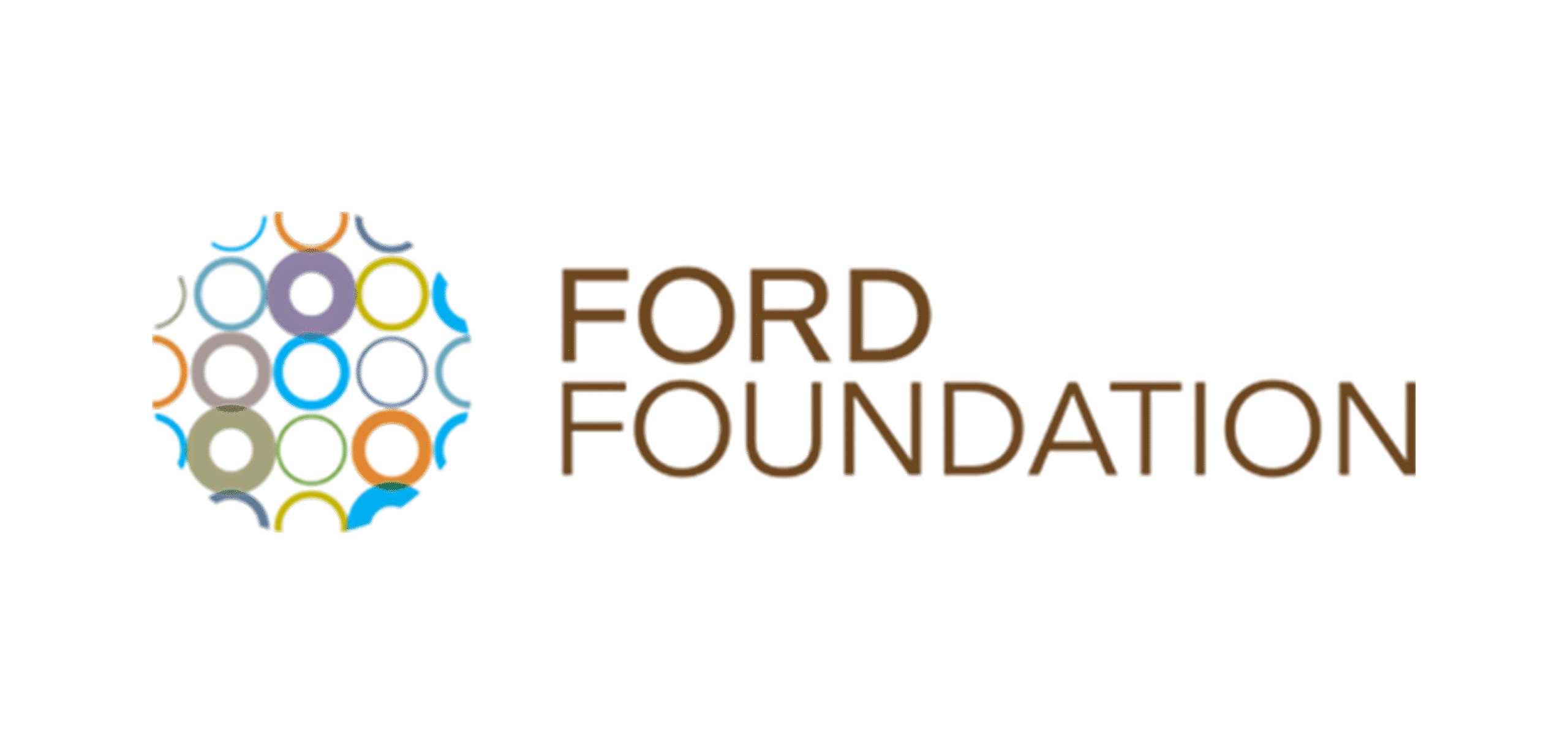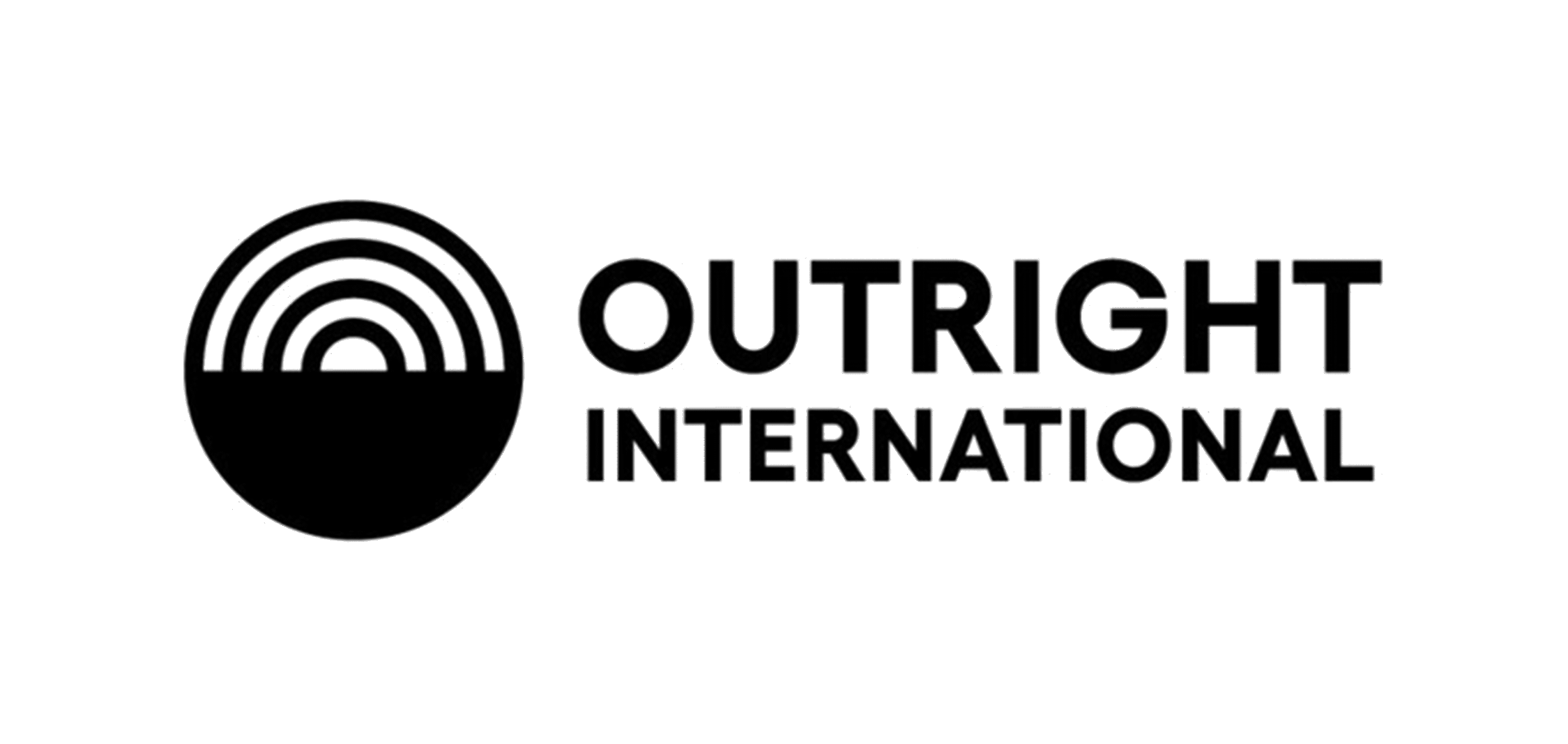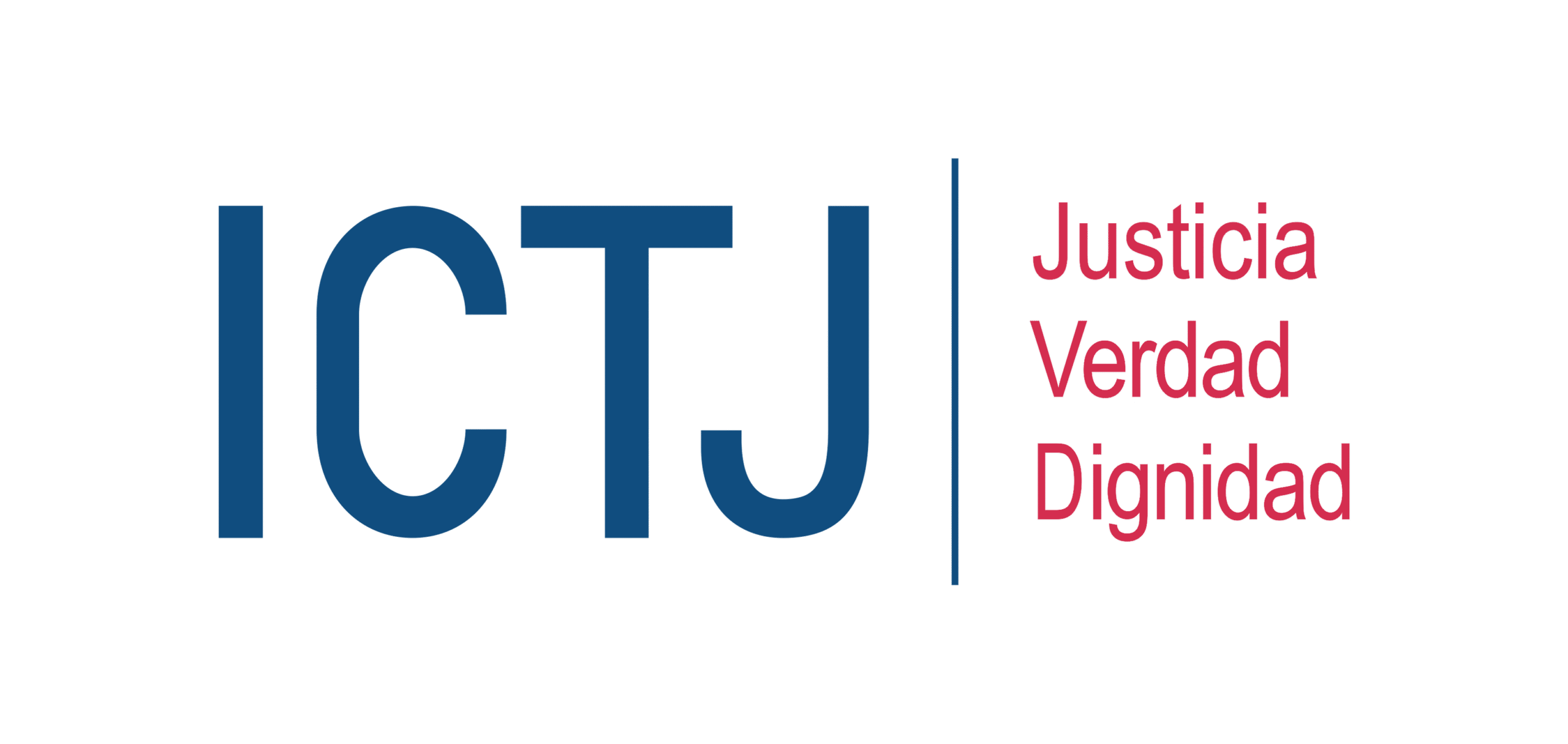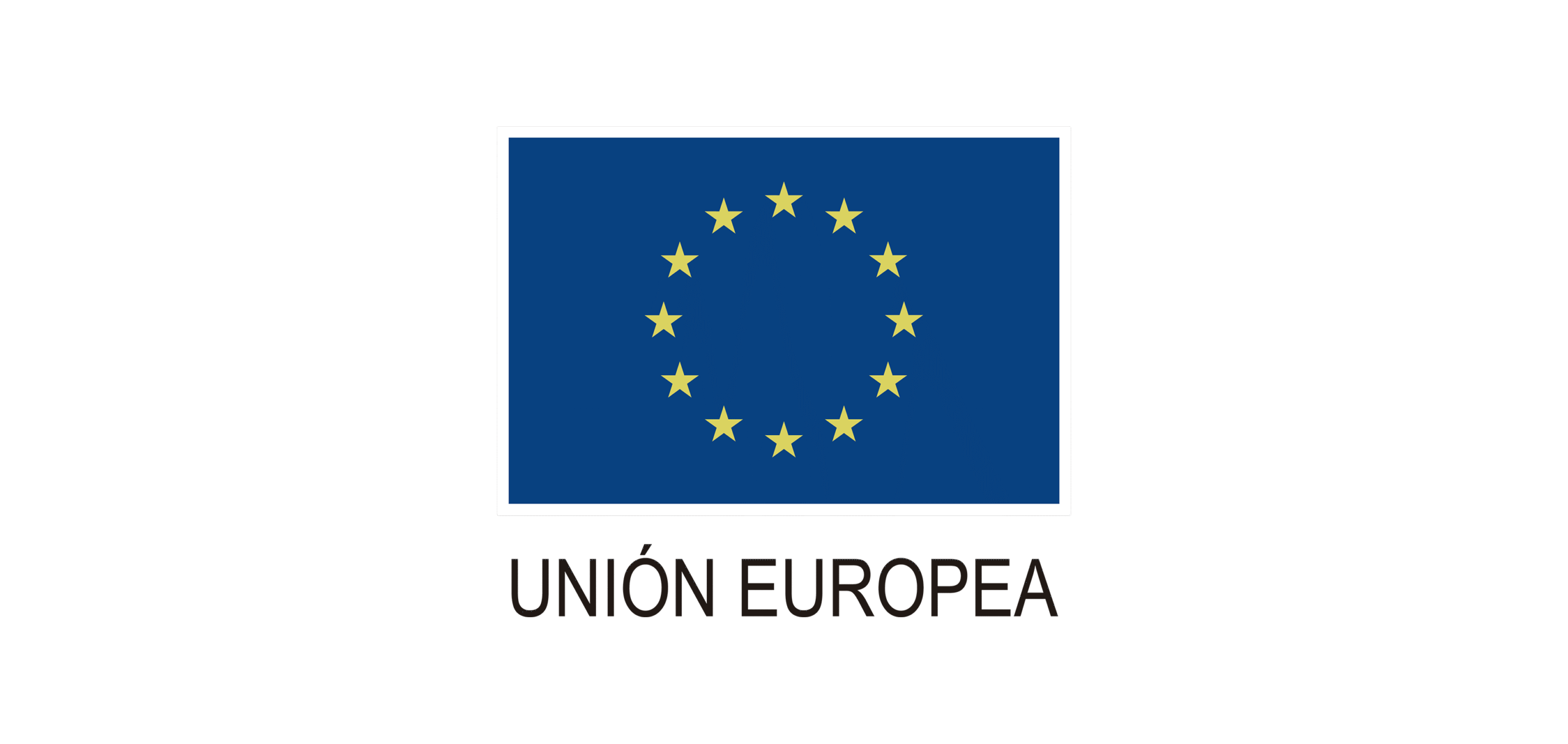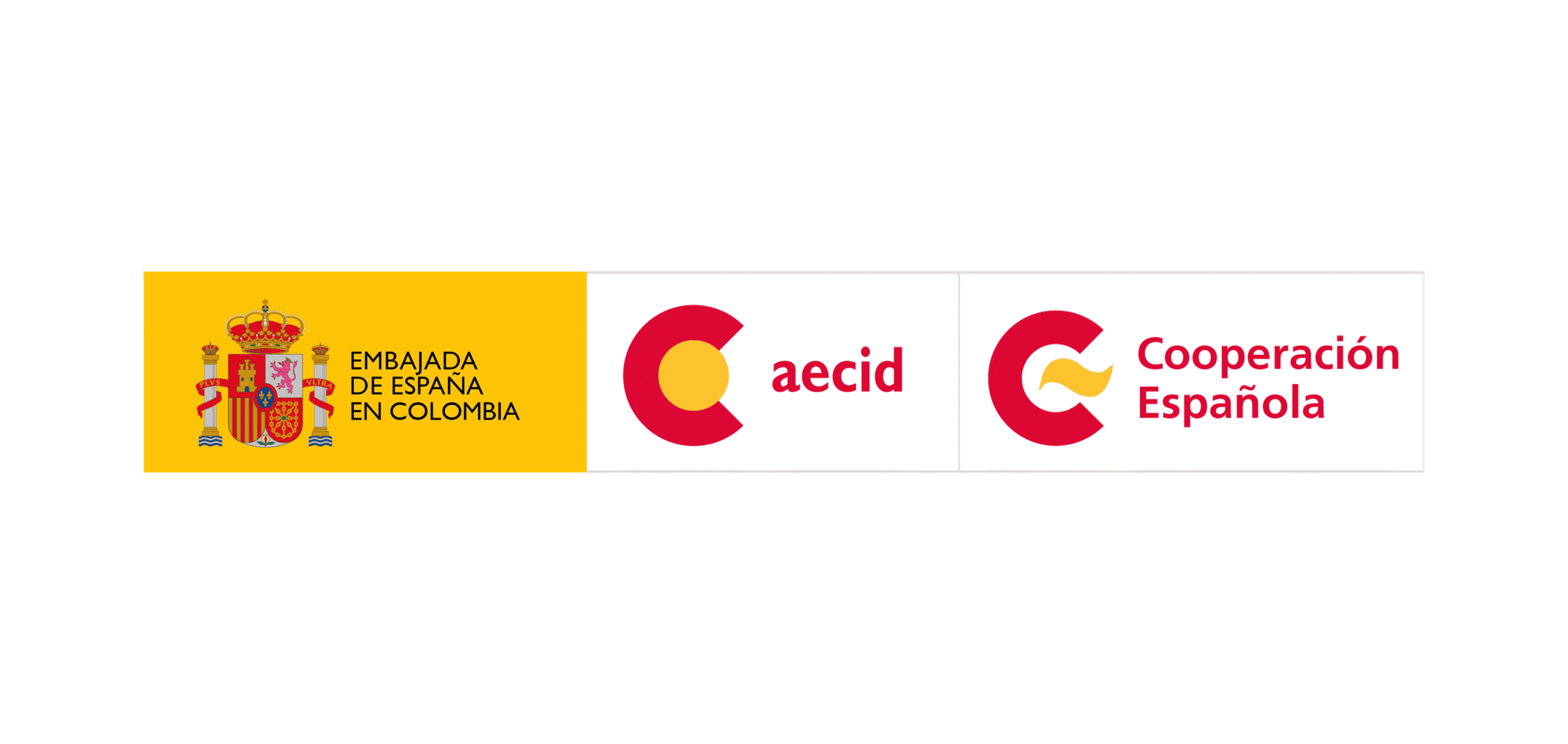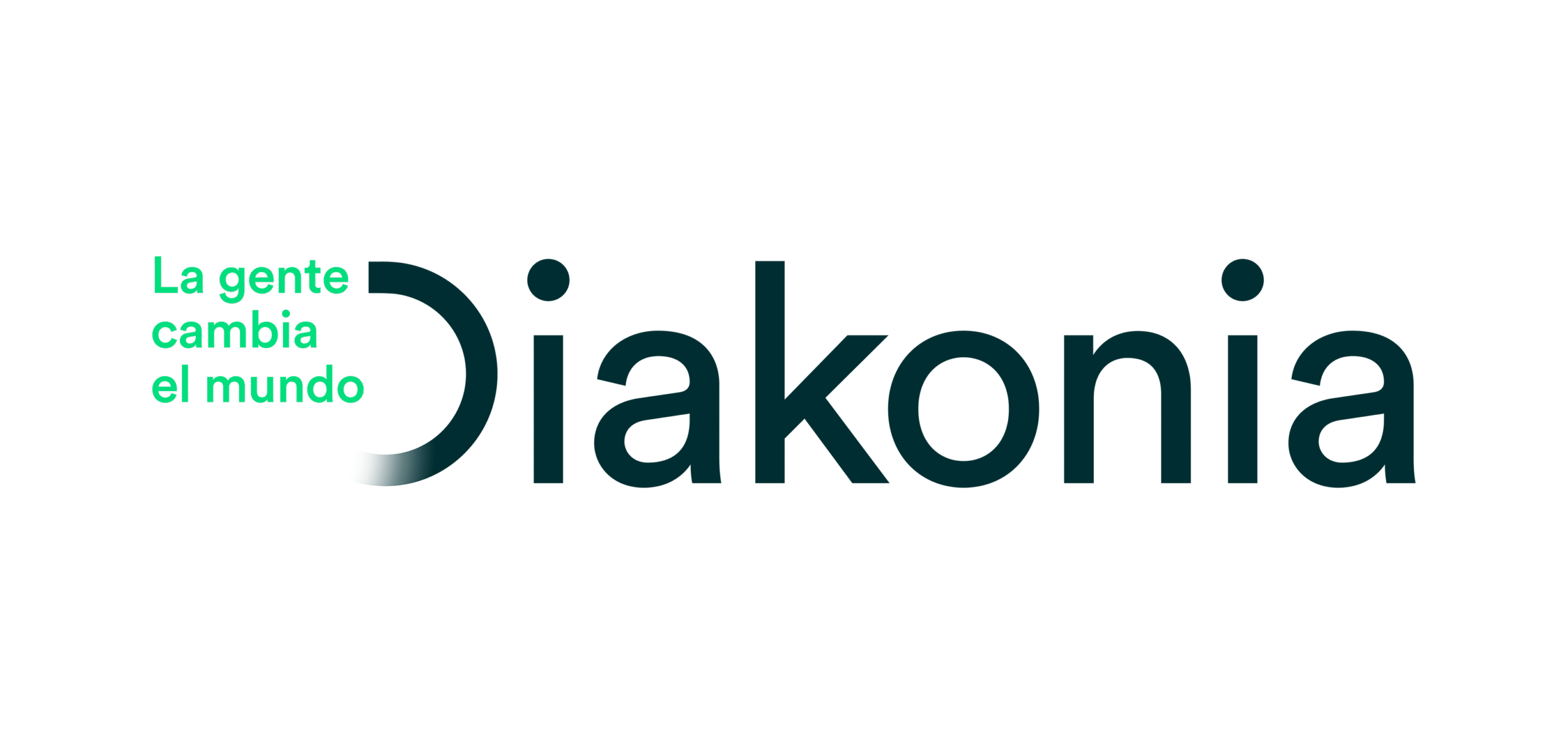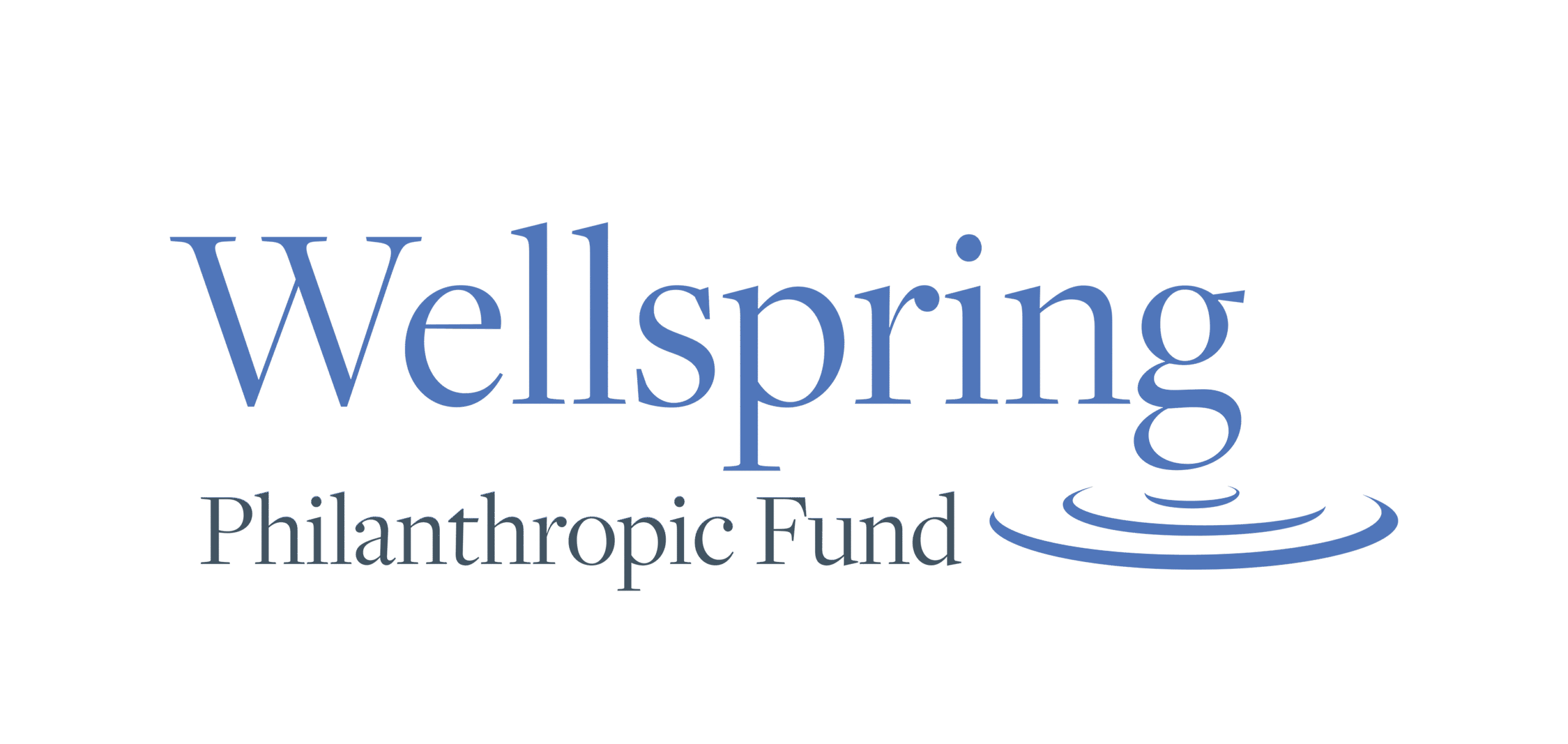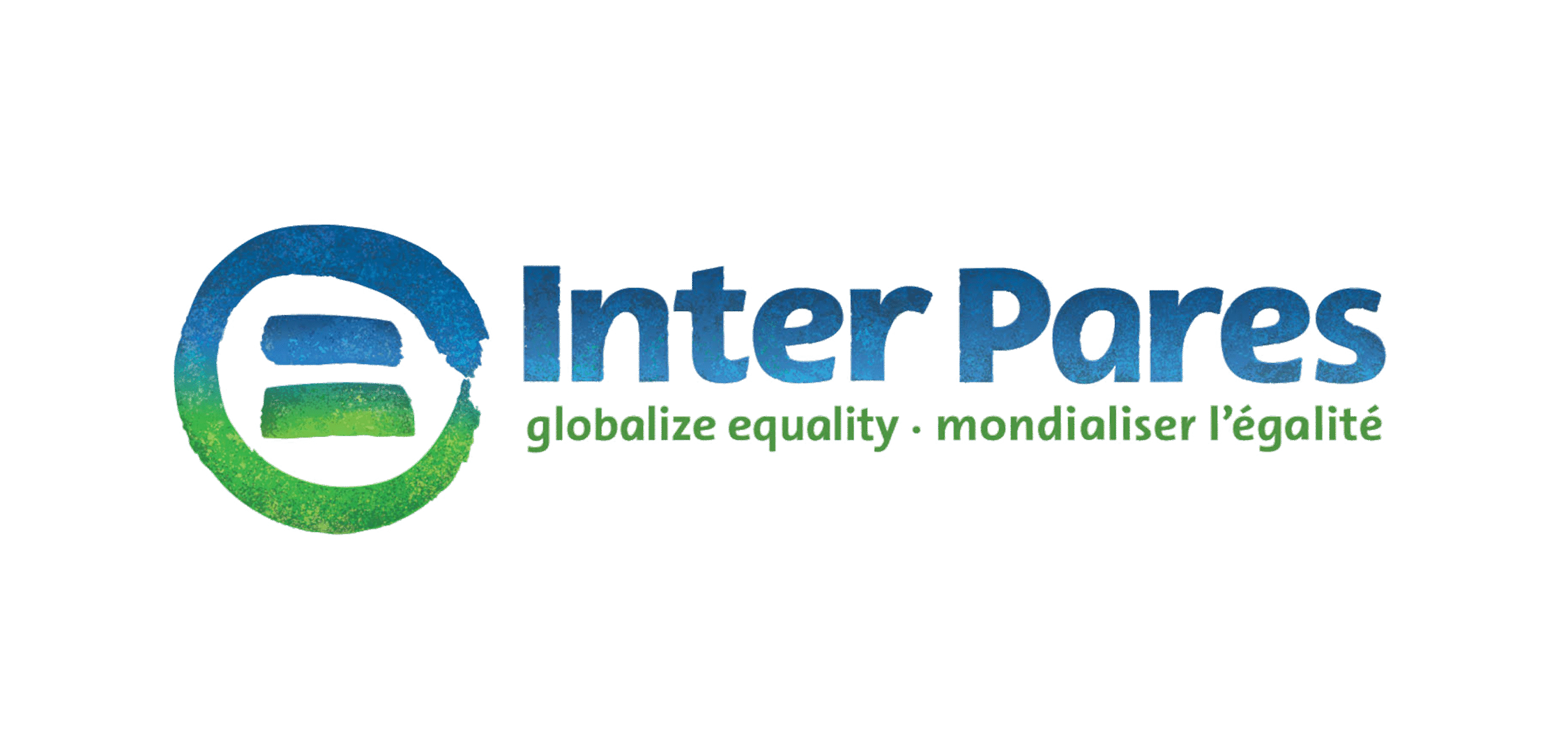We continue to make progress in participatory construction of the National Action Plan of Resolution 1325, with feminist organisations and of women
The Alliance 1325 made up of fourteen feminist and women's organisations, including Colombia Diversa, we delivered to representatives of the national government and international cooperation actors five technical documents with inputs and recommendations for the design, formulation and effective implementation of the National Action Plan of Resolution 1325.
Among the documents we submitted, one detailed the application of the intersectional and territorial approach to each measure to be implemented in this National Action PlanThe aim is to ensure that the specific needs of lesbian, bisexual and transgender women are recognised and addressed.
This delivery is part of the result of the advocacy work that we have carried out from Alliance 1325, in the framework of the national government's commitment to incorporate the Women, Peace and Security Agenda, 23 years after Resolution 1325/2000 of the United Nations Security Council was issued.
In addition, the National Forum for the construction of the Action Plan for Resolution 1325 was held on 28 and 29 September. This space gathered the inputs provided throughout this year by more than 1,500 women in their diversity, through different Macro-regional and Population Forums and Territorial Meetings, including the First Forum of lesbian, bisexual and transgender women: for a dignified life held on 14 and 15 June, led by Colombia Diversa.
The week of 23-27 October, Alliance 1325 will present the draft of the National Action Plan of R1325 to the UN Security Council. This is a unique process in Colombia and a reference at the international level, and has an intersectional perspective that promises to effectively recognise the differential security needs that discrimination against lesbian, bisexual and transgender women produces. We hope that the implementation of the plan will guarantee the conditions for traditional security policies to be transformed towards a feminist and intersectional view of human security that recognises women in all their diversity.



